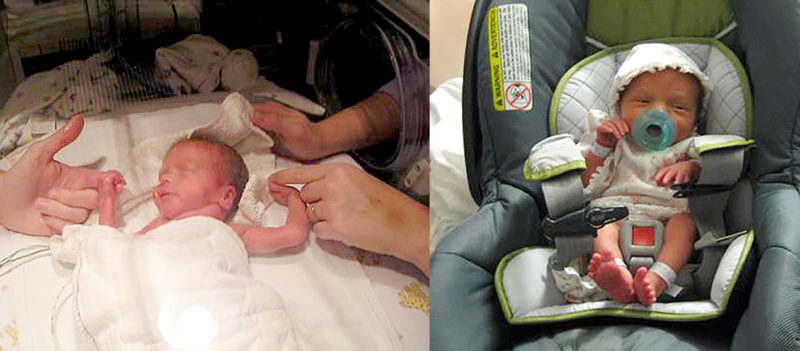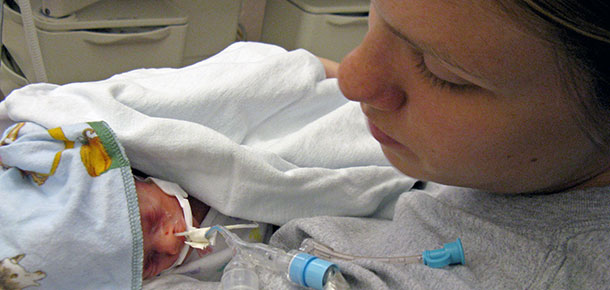Ordering hormonally charged teenagers not to have sex is probably not the most effective strategy for avoiding pregnancy.
Although the national birth rate for girls ages 15 to 19 decreased 2 percent between 2007 and 2008, the United States still has the highest teen pregnancy rate among fully industrialized nations.
For parents who wonder how and when to talk to their teenagers about sex, The National Campaign to Prevent Teen and Unplanned Pregnancy has some useful resources available here.
We cannot emphasize enough the importance of talking to teens early and often about relationships, love versus sex, respect for others and yourself, contraception, morals and values … even if they look disinterested. Having a child is an incredibly important decision and not one to be impulsively: it’s not fair to the teen, the teen’s family, the newly born child or, for that matter, society.
Some things to consider, according to March of Dimes:
- Babies of teenage mothers are more likely to die in the first year of life than babies of women in their 20s and 30s.
- Teenage mothers are more likely to have a low-birthweight baby.
- Babies who are premature and low birthweight may have organs that are not fully developed. This can lead to breathing problems, bleeding in the brain, vision loss and serious intestinal problems.
- Teen mothers are more likely to drop out of high school than girls who delay childbearing
- A teenage mother may lack job skills, is more likely to live in poverty and may become financially dependent on her family or on public assistance.
- A child born to a teenage mother is 50 percent more likely to repeat a grade in school and is more likely to perform poorly on standardized tests and drop out before finishing high school.
Starting small conversations about sex and babies with a child as young as 12 or 13 is absolutely fine. But be careful not to corner a teenager with one-sided questions; make it a two-way conversation and correct any misconceptions without teasing. Once you get started, you might be surprised how much they share.
Real-life stories, as well as babysitting for young children, can help a teenager better understand why parenthood at an early age can be extremely difficult and why producing a baby does not make one an adult or ensure that a relationship will last forever. In addition to interrupting a teen’s education, unplanned births create considerable stress within a relationship and within the surrounding family.
Keep in mind, too, that teens are more influenced by what you do than what you say. Emphasize that every action has a consequence. And be specific when talking about contraception and disease prevention – generalities cause confusion and misunderstanding.
There are other ways to guide a teenager toward making good decisions that will flow over to how they view relationships and sex. The following tips might be helpful:
Support a child’s dreams and make his or her future look brighter than becoming a parent at 17.
- Be a trustworthy resource about birth control. Whether or not they’re having sex, teenagers need to know how to avoid getting pregnant.
- Enforce your rules and curfews. It shows you care.
- Know your children’s friends and dates.
- Encourage and reward healthy extracurricular activities such as reading or sports. Many teenagers become sexually active before they’re ready because they’re bored.
- Discourage dating older teens on a steady basis.
- Make them understand they are in charge of their own lives and not to let anyone pressure them to do anything, especially sex. And they need to know that they can always say “no,” even if they’ve said “yes” before.
- Remind your teenager that once something is posted in cyberspace, it’s out there forever. You can’t take it back.
If talking about sex makes you uncomfortable, keep reminding yourself that it’s a whole lot easier than helping your babies raise babies. The good news? A recent study found that about six out of every 10 teens said they find it easy to talk to their parents about relationships. Just because they seem young doesn’t mean that they can’t fall in love or wonder about sex – and maybe they are more ready to talk than you think.




